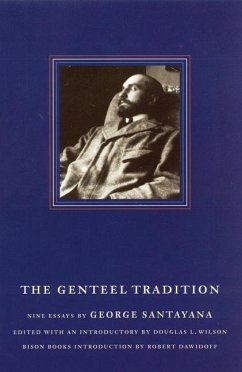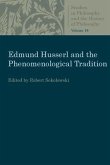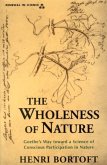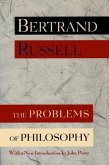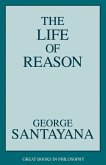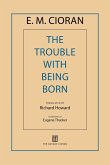George Santayana probably did more than anyone except Alexis de Tocqueville to shape the critical view of American culture. The great philosopher and writer coined the phrase "genteel tradition", introducing it during an address to a California audience in 1912. The phrase caught fire, giving a name to the culture of the republic. Santayana's address appears in this collection of influential essays about the country he lived in from 1872 to 1911. Because he remained European in spirit, the Spaniard brought a sharp detachment to his observations. He points out the American split between thought and action, theory and practice, the traditional and the modern, the arts and business, the highbrow and the popular. He also examines the excessive moralism in national life, which baffles Europeans. These nine essays touch on American idealism and materialism and American endeavor, sacred and profane.
Hinweis: Dieser Artikel kann nur an eine deutsche Lieferadresse ausgeliefert werden.
Hinweis: Dieser Artikel kann nur an eine deutsche Lieferadresse ausgeliefert werden.

